Zelensky, Macron, Erdoğan, Von der Leyen in attendance at EPC summit in Budapest
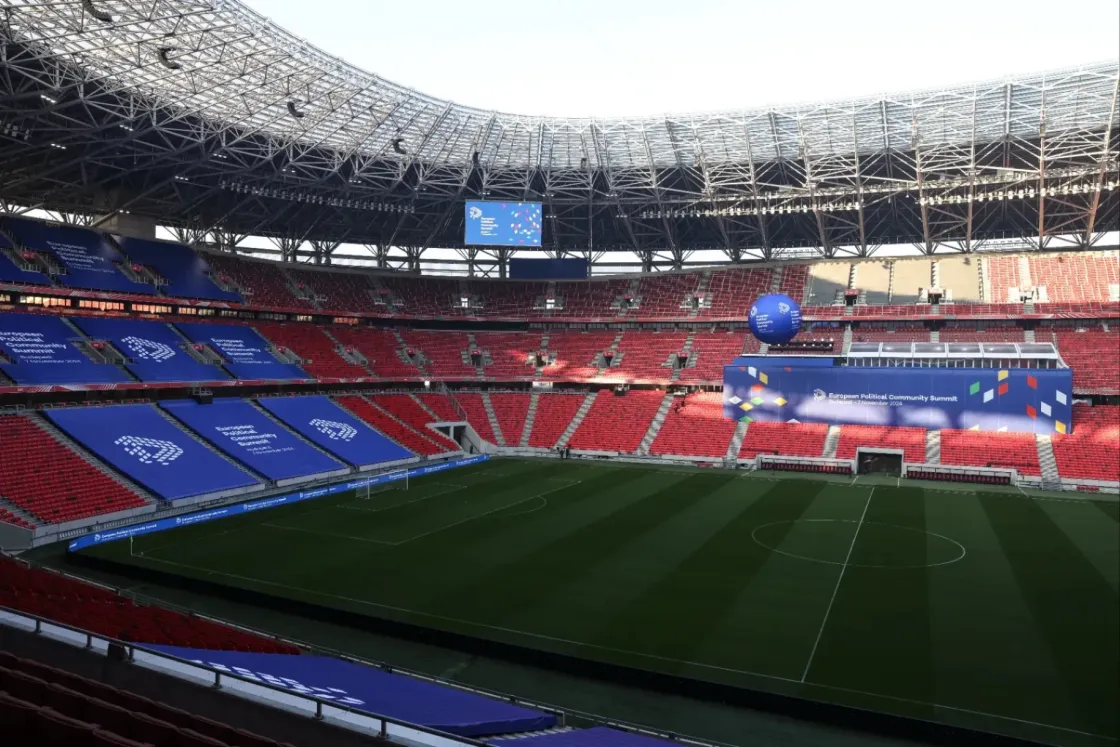
The leaders of European countries arrived one by one on Thursday morning for the European Political Community (EPC) summit, held at the Puskás Arena in Budapest. The fifth summit of the group is held in a meeting room built on the bleechers of the Puskás Arena. As the delegations drove up to one of the entrances to the Puskás Arena, they were each greeted by Hungarian Prime Minister Viktor Orbán. Among those arriving were
- Ursula von der Leyen, President of the European Commission,
- Emmanuel Macron, the French President who had originally proposed the EPC meetings
- Mark Rutte, NATO Secretary General,
- Charles Michel, President of the European Council,
- Volodymyr Zelensky, President of Ukraine,
- Slovak Prime Minister Robert Fico,
- Italian Prime Minister Giorgia Meloni,
- President Recep Tayyip Erdoğan of Turkey,
- Serbian President Aleksandar Vučić, a close ally of Viktor Orbán,
- Romanian President Klaus Iohannis,
- Albanian Prime Minister Edi Rama, who will be hosting the next EPC Summit,
- Maia Sandu, Moldova's recently re-elected President,
- Finnish Prime Minister Petteri Orpo
The EPC summit is taking place in Budapest on Thursday, with the participation not only of EU leaders but also of most European leaders, with 47 European Heads of State and Government invited to Budapest, 42 of whom came. German Chancellor Olaf Scholz, who is facing a government crisis, did not come. According to our information, he will arrive in Budapest on Thursday afternoon and will attend the evening reception at the Parliament, as well as the EU summit on Friday.
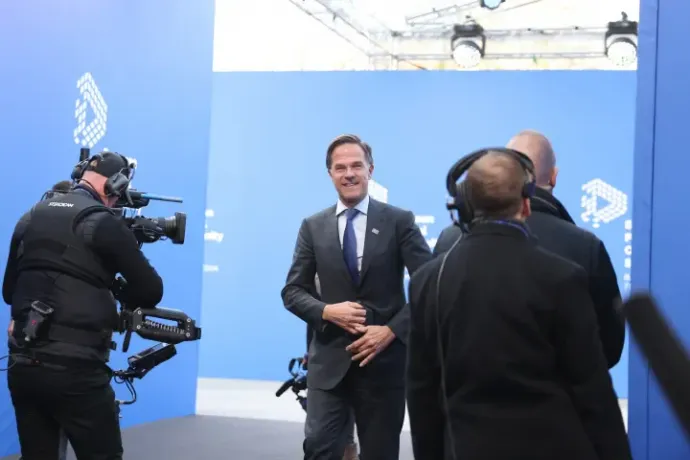
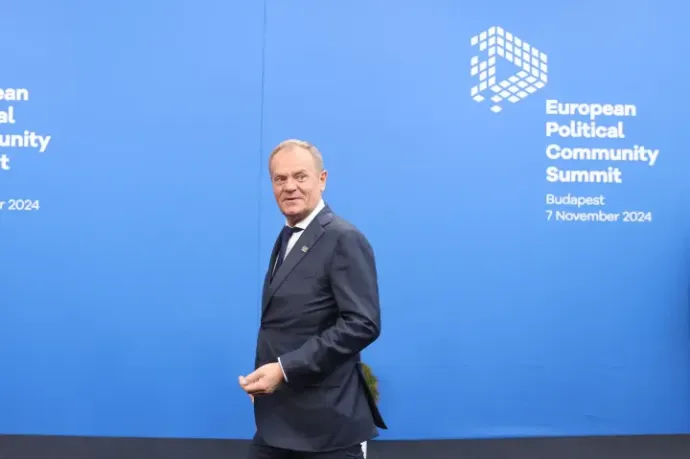
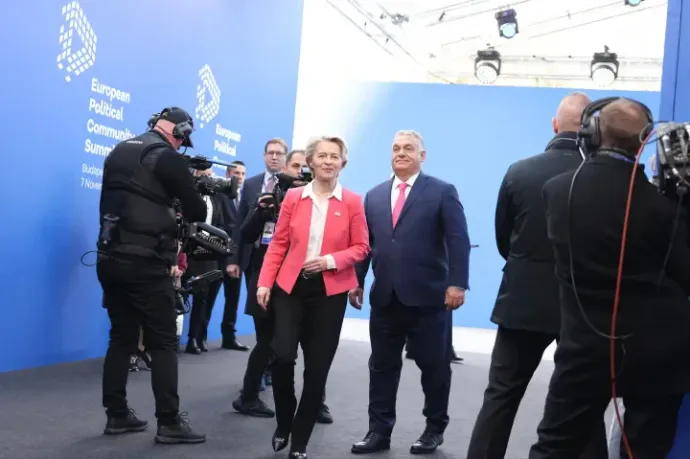
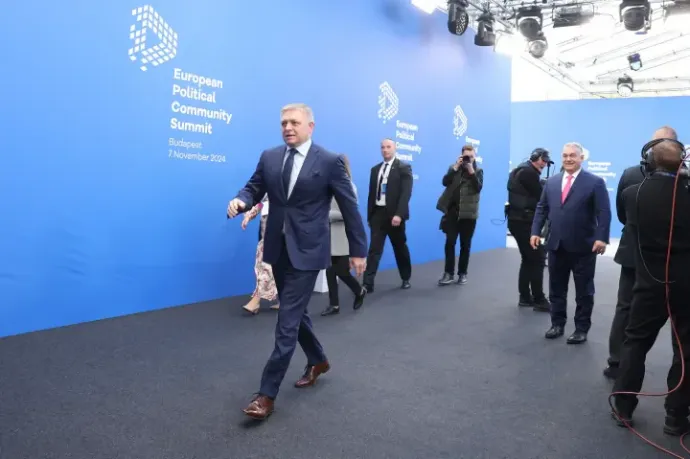
The EPC was formed at the suggestion of the French president. While large in size, it is a rather symbolic event, its mission being to bring together current and hopeful members of the EU and, in the case of the UK, former members.
We are the ones now playing in this stadium, and all of Europe is on the pitch
– Prime Minister Orbán said in a post on TikTok during the event, which he had previously heralded on Facebook by saying that "the big boys are coming to us".
The reason for the EPC summit being held in Hungary is not due to some diplomatic feat, but simply because the Hungarian government is the one currently holding the rotating presidency of the EU Council of Ministers. EPC meetings are held alternately in an EU country and in a non-EU country. When hosted by a member state, it is hosted by the rotating President of the EU Council of Ministers, which is how it ended up being hosted by the Hungarian government.
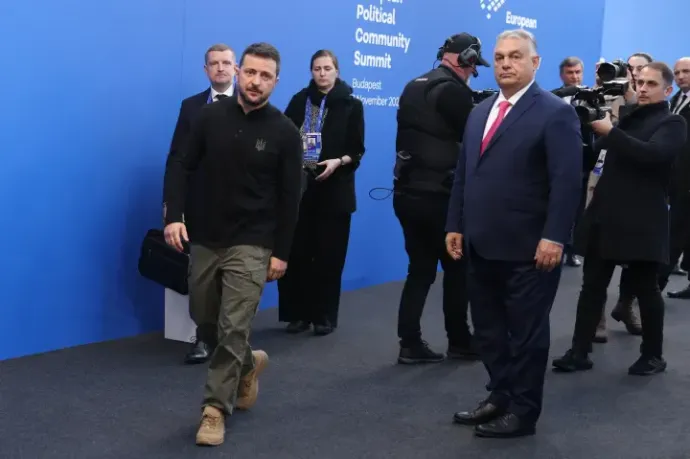
The meeting also presented an opportunity for Ukrainian President Zelensky to visit Hungary for the first time since his election in 2019 – he hasn't missed any of the EPC meetings which have been held since 2022.
No boycott after all
The half-year of the EU presidency actually provides few direct opportunities for the head of the country's government to make a direct appearance, and the double summit combining the EPC and the informal summit of the Council is one of them. Orbán, however, has made the most of his appearances with an unexpected visit to Moscow in July and a recent quick visit to Georgia, both of which were received with disapproval in the EU. The former took place after his visit to Kyiv at the start of his presidency – he was among the last European heads of government to visit the country attacked by Russia – and from there he practically went straight to Moscow, prompting protests from EU leaders. This made Orbán the first European politician to hold talks with Vladimir Putin since he started a war against Ukraine, which gave the impression that he was doing so on behalf of the EU. The Russian president also made it sound like this was the case, which Orbán left without a comment at their joint press conference in Moscow.
As a result, several events of the Hungarian EU presidency held in Budapest were boycotted or deliberately attended at a lower diplomatic level by some EU members.
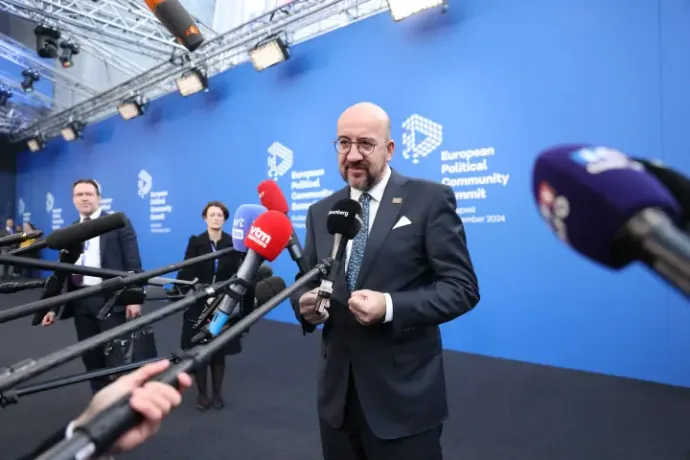
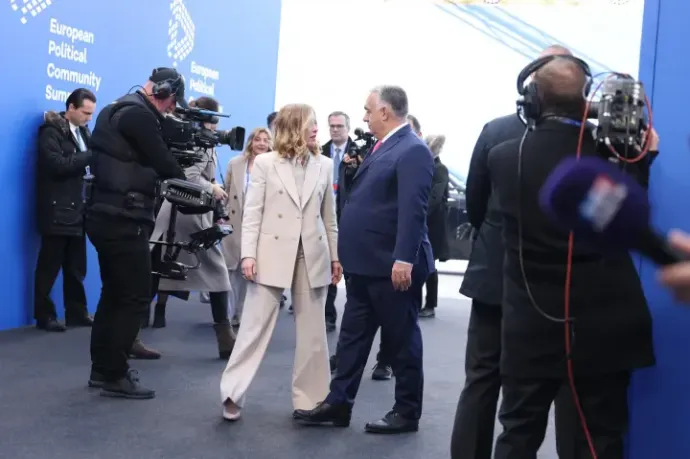
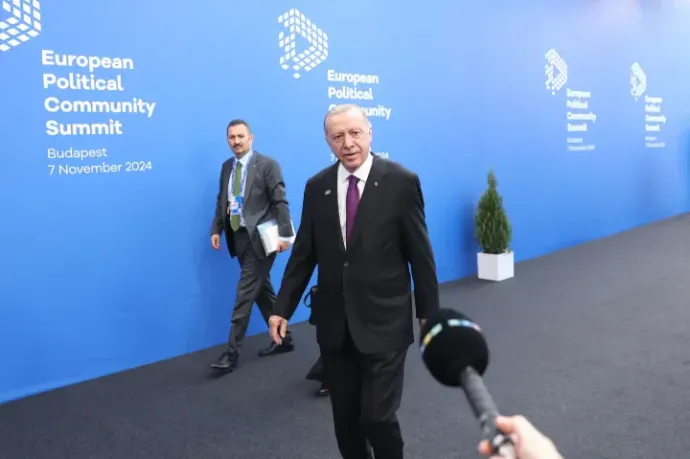
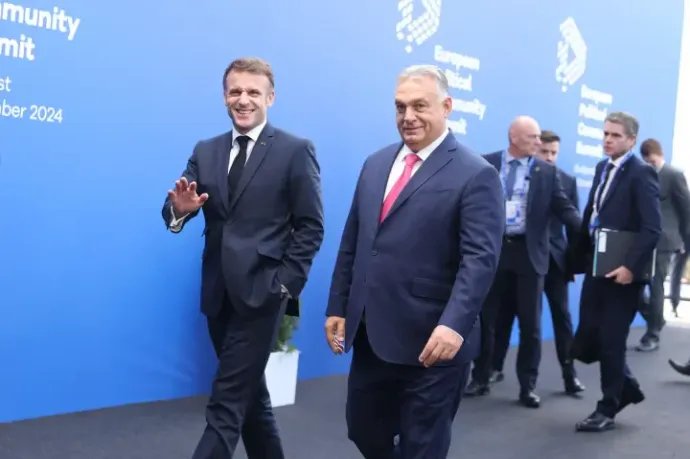
Orbán's second controversial trip was to Georgia, immediately after the recent parliamentary elections, which brought a disputed victory for the ruling party, which is rapidly moving closer to Moscow, although the country is still in the process of securing EU membership.
However, this visit did not trigger a boycott of the current event, and after some hesitation, the Baltic and Nordic states that were contemplating a boycott decided against it. As a result, heads of state or government from almost every European country are in attendance. For Friday, only representatives of EU Member States will remain for the informal summit of the European Council.
An opportunity for Orbán to be seen
As the host of the double summit, Orbán has a rewarding role, one that is much more comfortable than when he presented the presidency's programme at the European Parliament. Then, he had to debate mostly with MEPs critical of him, but this time he can appear as the host of two high-level political meetings on Thursday and Friday. Perhaps there is no need to explain why this is the more attractive option for the Hungarian prime minister who has recently become increasingly interested in foreign policy.
For more quick, accurate and impartial news from and about Hungary, subscribe to the Telex English newsletter!